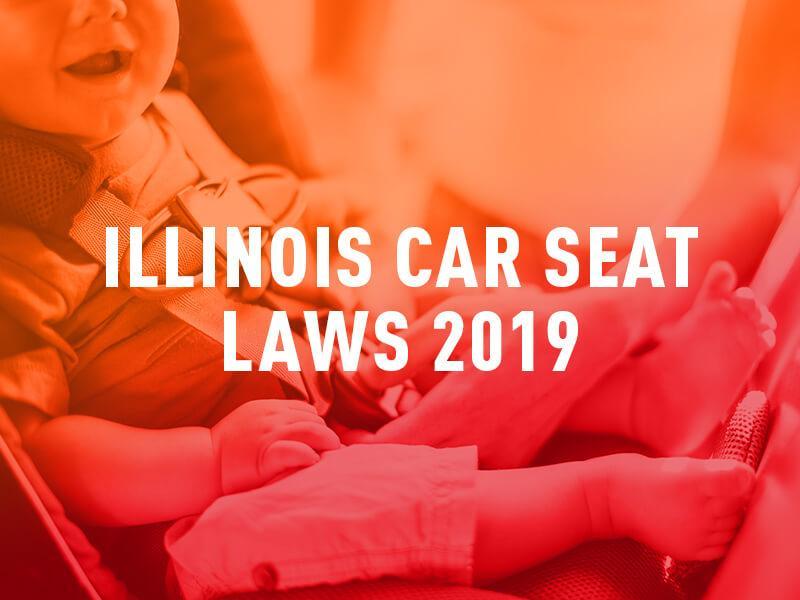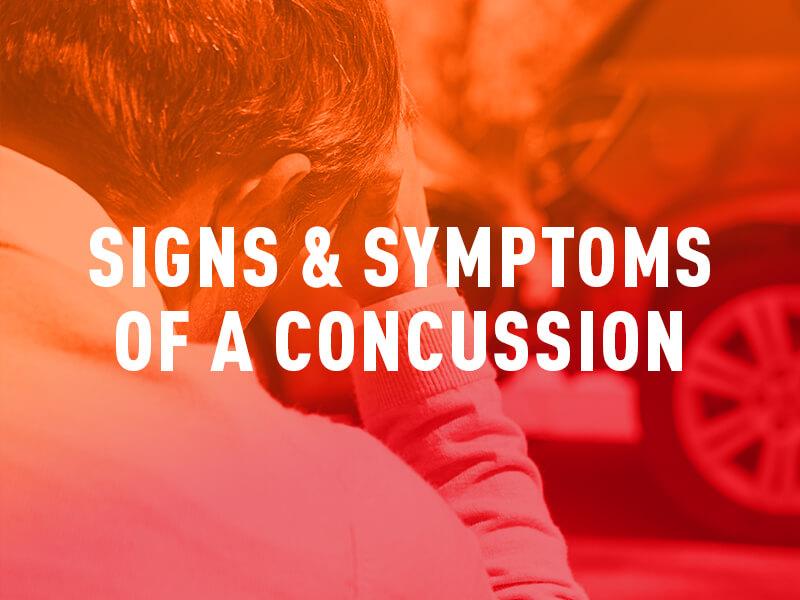Recent Blog Posts
Statue of Limitations on Car Accidents in Illinois
When you get into a car accident in Illinois, the aftermath can be confusing, especially if you are dealing with injuries. One of the most important things you need to be aware of is the statute of limitations placed on car accident cases in the state.
Statutes of limitations outline time frames in which a person has to file a claim for damages or injuries after an incident. These limits are strict, and claims filed after the time frame has passed are almost always dismissed.
For most car accident cases in Illinois, actions for damages or injuries must be started within two years from the date the accident occurred.
If a person was killed in a car accident, a wrongful death claim must be filed within two years from the time of the crash or within one year of a person’s death, whichever date is later.
For cases in which the claims are for vehicle damage only, you have five years to make a claim in court.
New Law Would Make Illinois Children Have to Attend School by Age 5
Most children start kindergarten at age 5, though some areas have kindergarten programs for children who are only four years old. While most parents like the idea of getting their children into school as soon as possible, there are instances of parents holding their kids back from kindergarten until age six.
Why would any parent want to do this?
By holding a child out of kindergarten until age six, some parents hope their kids will have an academic or athletic advantage over their younger classmates. In other cases, parents may want to give a child who is lagging a bit behind a chance to “catch up” developmentally. Holding the child back would effectively make them a year older than most of their classmates throughout their entire school career. Coined after the football term, this has been called academic redshirting.
Now, legislators in Illinois are considering a bill that would require children to start kindergarten by age five instead of six. The proposed bill would require children who are five on or before May 31 to attend kindergarten. However, parents of five-year-olds with birthdays during the summer would have the choice of whether to send their child to kindergarten or wait an additional year.
Illinois New Car Seat Laws 2019

Parents of young children often struggle to understand which child safety seat is correct and how the state laws apply to them. The Illinois Child Passenger Protection Act outlines the guidelines that parents must follow when they have younger children in a vehicle.
This act says that children under the age of 8 years old must be properly secured in an appropriate child safety restraint system. This includes the use of booster seats that must be used with a lap/should safety belt.
As of January 1, 2019, the Child Passenger Protection Act has been amended to include the requirement for children under two years of age to be properly secured in a rear-facing child restraint system (unless the child weighs more than 40 pounds or is over 40 inches tall).
Can a child ride in a two-seater car?
A child can ride in a two-seater car as long as they are properly restrained according to the Child Passenger Protection Act and the front airbag for the passenger side is turned off. Airbags in a vehicle are designed to protect adults and can cause significant damage and even death in children, even in instances of minor accidents that trigger the airbags to be deployed.
Car Accident Post Concussion Symptoms

Concussions are considered mild traumatic brain injuries that occur when a person sustains a blow to the head or is violently shaken. Concussions must be taken seriously and should be treated properly. Those who sustain a concussion in a car accident should seek medical assistance immediately so the doctor can make a diagnosis and rule out a more serious injury. Each concussion is different, and you need to be able to recognize the signs and symptoms of this injury.
If you or someone you know has suffered a concussion after a car accident, ensure him/her sees a doctor as soon as possible after the accident. Once the victim is cleared from the hospital, contact Kanoski Bresney to discuss the details of your case over a free consultation.
The statistics behind concussions
According to the latest year of data from the Illinois Department of Transportation, there were 311,679 total motor vehicle crashes across the state. Out of those, there were:
What to do if Your Bicycle Brakes Fail to Work
When most people hear about bicycle accidents, they think about a collision between a bike and a vehicle or a bicyclist losing control. However, there are times when the brakes of a bike fail to engage. When you are riding a bike, you need the brakes to work. There is no questioning that.
When the brakes of a bicycle fail to work, it can lead to disaster for the cyclist. Getting into a bicycle accident almost always means an injury for the cyclist. Even when wearing a helmet, the following injuries are common after a bike crash:
- Bone fractures
- Spinal cord injuries
- Traumatic brain injuries
- Significant disfigurement
- Dismemberment or amputation
- Loss of or damage to a bodily organ
- Other injuries that inhibit a person’s daily activities
What kind of case are you looking at?
Bicycle accidents can be complicated enough when another driver is at fault for the crash. When the brakes fail to engage, you could also be looking at a defective bike. This means you are looking at three possibilities:
What Happens if Your Car Lands in a Pool?
When you have been driving for a while, you learn to expect the unexpected. However, what happened recently in Springfield caught a few people off guard. Police say that a 92-year-old woman drove her car into a backyard and right into someone’s swimming pool.
Police say that the woman is okay and that nobody else was injured. They say that the woman was “backing out from a driveway on Weymouth Street when she drove across the road, into her neighbor’s yard, and through their fence, landing in their pool.”
The woman was still in the pool when the fire department arrived. She was standing on the seat of her vehicle with her head through the car’s sunroof. Neighbors say they are grateful that nobody was out walking, in the yard, or in the pool when the accident occurred.
What to do if this happens to you
How to Choose a Safe Bike Helmet & Fit it Correctly
If you or a loved one is a cyclist, safety should be one of your biggest concerns. Bicycle riders, along with pedestrians in Springfield, are at higher risk of injury and death in a collision with a vehicle. The average passenger vehicle weighs approximately 4,000 pounds, so when it impacts a bicyclist, the results can be devastating.One of the best ways for bike riders of all ages to stay safe is buying and wearing a helmet. However, choosing the right helmet is not always easy. There are certain standards bicycle helmets must meet, and there are plenty of deceptive companies selling faulty helmets.
Illinois Child Helmet Safety Laws

You should always ensure that your children are safe when they ride a bike in Illinois. One of the best ways to keep a child safe in the event of a bicycle accident, no matter what the surrounding laws are in your county, when riding their bike is to ensure they always wear a helmet.
For the latest reporting year in this state, the Illinois Department of Transportation tells us that there were 2,696 people injured in bicycle accidents in the state. We also know that 26 people were killed in bicycle accidents. Breaking down these numbers, we can see that 883 of those injured were under the age of 19.
Does Illinois have helmet laws?
No, Illinois does not have helmet laws in place. Individual municipalities can require certain users to wear helmets. For example, Chicago requires all messenger and delivery bicyclists to wear helmets.
What Happens When a Personal Injury Claim Goes to Court?
Personal injury claims can become incredibly complex and will reach a settlement before they go to court or be decided in the courtroom. Not all personal injury claims go to court, and it is not uncommon for a case to be settled out of court.
A “settlement” is the negotiated resolution of a personal injury claim between your attorney and the other side’s legal team. In these cases, the person making the claim is offered a lump sum of money by the defendant (or their insurance company). If you agree to the amount, the case is over. Taking a settlement generally means you can no longer pursue damages in your case through a personal injury lawsuit.
Why would a case go to court as opposed to being settled?
Your attorney will help you decide whether to take your case to court, which will likely be advisable if:
- The settlement offer was below what you think you deserve or could get in court.
Kanoski Bresney Sponsors Heads Up For Safety: 100 Free Bike Helmets for Kids
HEADS-UP FOR CHILD SAFETY
Kids all over the country are soaking up every minute of their favorite outdoor activities now while school is out for summer. Biking, scooter rides, skating and rollerblading are just a few of the many activities kids have a blast doing while on wheels. With all the fun, however, comes the risk of an accident that - if not prepared- could lead to serious and sometimes life-altering injuries.
The risk of traumatic brain injuries in children can be drastically reduced by wearing a proper helmet- while on a bike, that is. According to a new study done by the Journal of Pediatrics, 70% of youth head trauma accidents are related to sport and/or recreation accidents. It is important to note, however, that helmet use only provides security when properly fitted, strapped and on a bicycle, skateboard, or other set of wheels. Helmets can actually pose a serious safety threat to children when used in areas not designated for helmet use, such as a playground or swimming pool. Helmet straps can easily get caught in playground equipment, which could lead to strangling and serious accidents.









